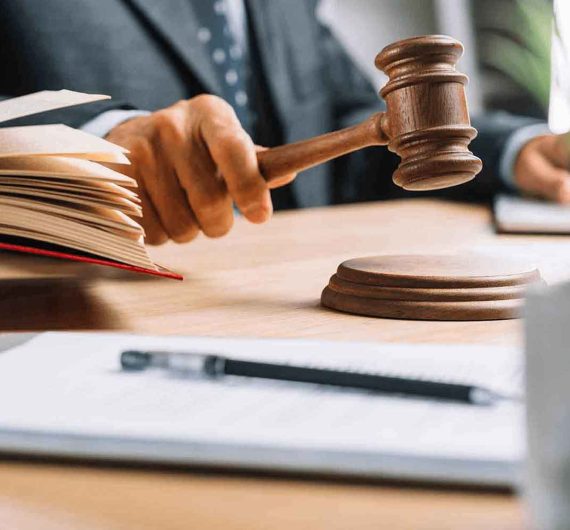
As the oldest legal profession, Public notaries are required to be lawyers as well as possess a Diploma in Notarial Practice and have satisfied the Faculty Office of The Archbishop of Canterbury that they are fit and proper persons to be awarded a Faculty to practise.
It is the impartiality of the Notary and the process of authentication which is carried out by the Notary as certified by the Notary’s signature and seal which enables worldwide recognition.
The integrity and impartiality of the Office of Notary are specifically recognised under the English Supreme Court Rules, which state that a notarial act produced in court as evidence is automatically presumed to be the truth of the facts the Notary certifies, unless the contrary is proved otherwise.
Notaries Public (also called “notaries”, “notarial officers”, or “public notaries”) hold an office which can trace its origins back to ancient Rome, when they were called scribae (“scribe”), tabellius (“writer”), or notarius (“notary”).
The history of Notaries is set out in detail in Chapter 1 of Brooke’s Notary (12th edition):
“The office of a public notary is a public office. It has a long and distinguished history. The office has its origin in the civil institutions of ancient Rome. Public officials, called scribae, that is to say, scribes, rose in rank from being mere copiers and transcribers to a learned profession prominent in private and public affairs. Some were permanent officials attached to the Senate and courts of law whose duties were to record public proceedings, transcribe state papers, supply magistrates with legal forms, and register the decrees and judgments of magistrates.”
That’s the history but what do Notaries Public provide the public today?
When trying to work out how to get your documents prepared for overseas use, you may come across words and phrases that are used to describe services offered. These are often interchangeable, occasionally misused and sometimes confusing. You will read about apostilles, legalisation, certification, attestation and also notarisation. Mrs Dhariwal can help you navigate this confusing system and ensure you are meeting all the requirements you and your documents need to.
Firstly, when appropriate, the Notary ensures the requirements of English law are observed in the execution of documents as well as ensuring the adherence to the formalities stipulated to the Notary by the foreign country to which the document is to be sent.
We can help a wide range of clients with all of their notary needs. From ensuring businesses meet their requirements for their local and international clients to have full confidence in them to authenticating documents for students or other individuals needing certified copies. Take a look at our clients’ pages and our serving the public page to see how we are able to assist you, your family or your organisation.
If you are in need of notarisation, legalisation or any of our other services, please don’t hesitate to contact us on 01753 965577 or click here. We can answer your questions during evenings and weekends too as we know how time sensitive a lot of notary services can be. Call us and see how we can help you.

